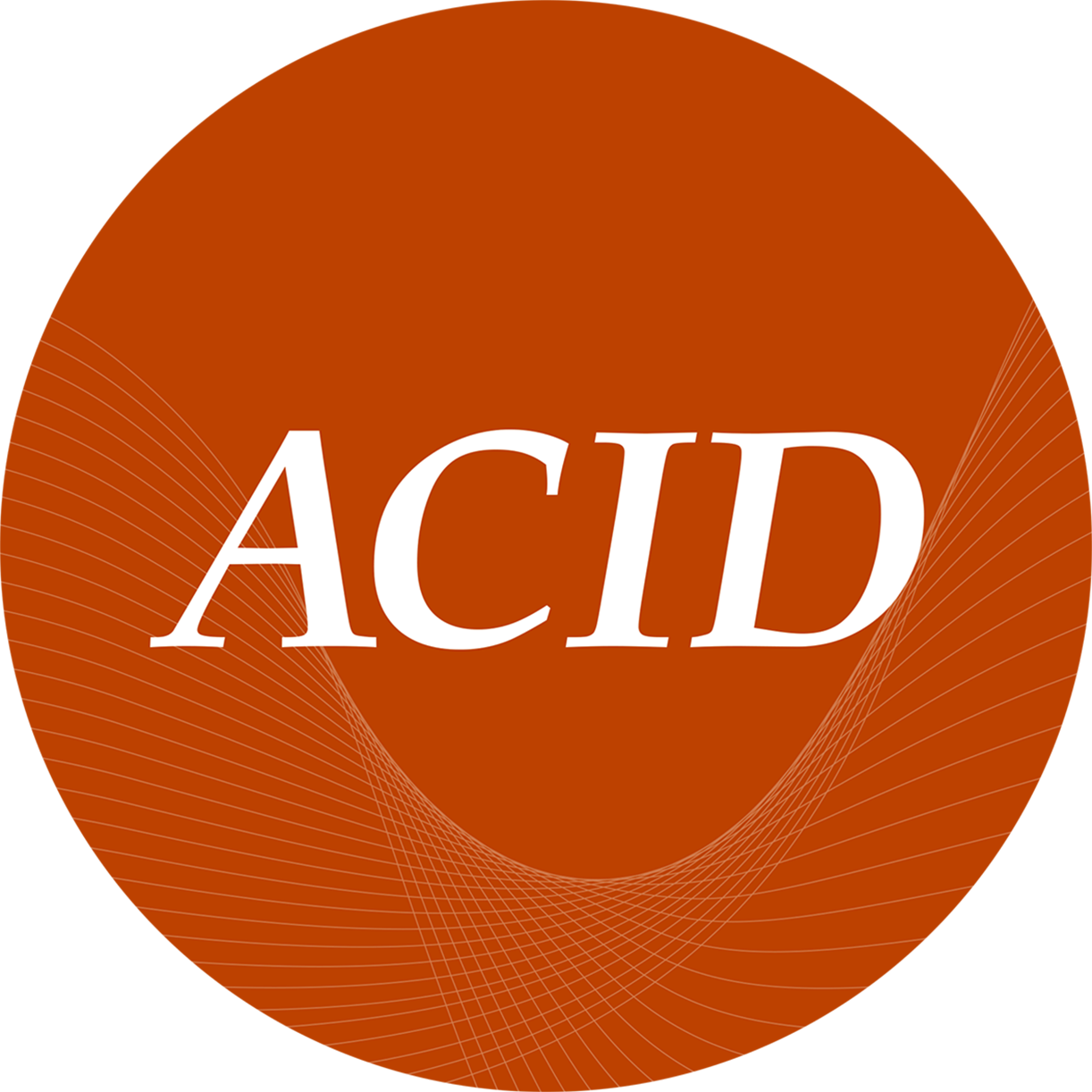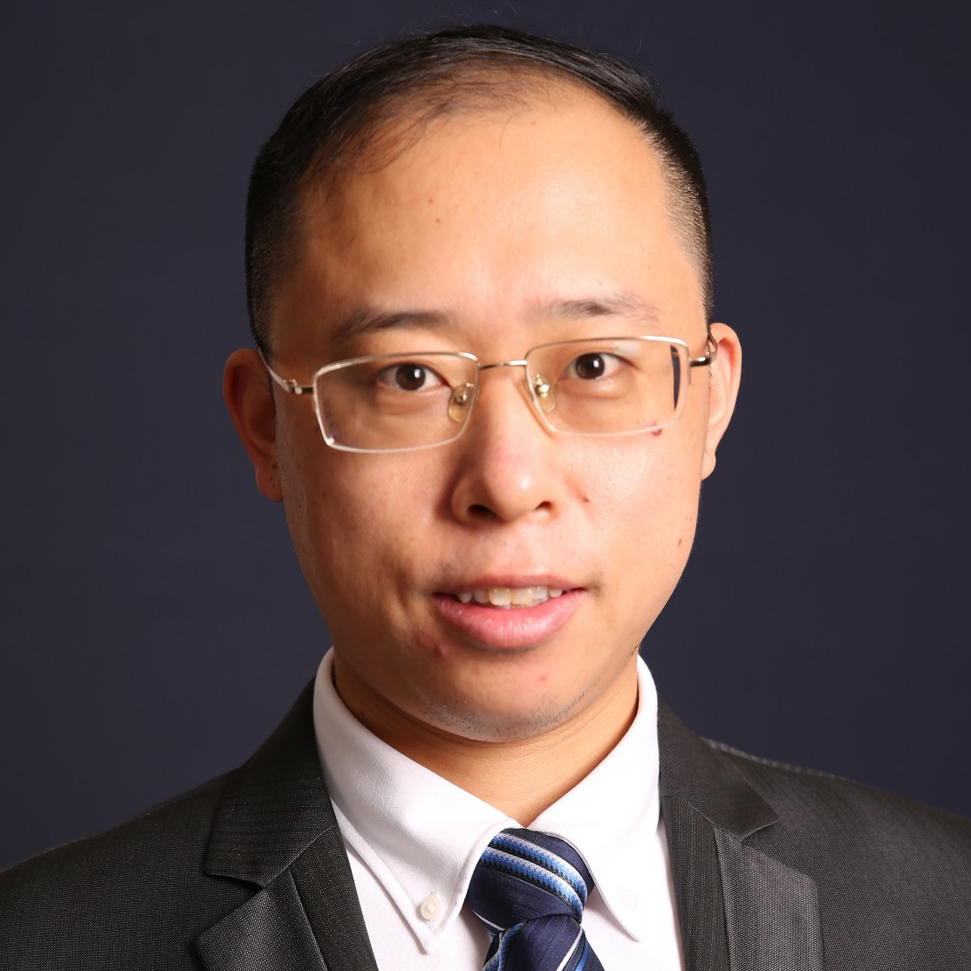Xing Li , deputy chief physician, master supervisor, Guangdong provincial special support program science and technology innovation young top-notch talents, winner of Sun Yat sen University young teacher training project, outstanding young reserve talents in the Third Affiliated Hospital of Sun Yat sen University, young outstanding talents (Class A) of the first major talent project training program of the hospital, and (CO) first author / corresponding author in nature medicine Kidney International、Cancer letters、JAMA Network Open、Gastric Cancer、Theranostics、Communications biology And other well-known SCI magazines published 7 research letters in zone 1 of the Chinese Academy of Sciences, H-index 24。 It has won 2 National Natural Science Foundation projects, 5 Guangdong Provincial Natural Science Foundation projects, 1 Guangzhou Science and technology plan project, and 1 Sun Yat sen University young teacher training project. Under physiological conditions, common myeloid progenitor cells (CMP) differentiate into granulocyte monocyte progenitor cells (GMP) and megakaryocyte erythroid progenitor cells (MEP). In terms of granulocyte monocyte lineage, the differentiation and development of GMP into mature granulocytes and monocytes is blocked, and myeloid suppressor cells (MDSCs) can be generated. Before 2018, research on MDSC mainly focused on the disease field. We found that MDSC existed in the special physiological state of healthy newborns (Nature Medicine, 2018,). Neonatal MDSC is different from MDSC in disease state: neonatal MDSC has both immunosuppressive and anti infection abilities. Before 2018, studies found that neonates had immunosuppressive cells such as DC, Treg and EPC, which played a certain role in neonatal diseases. We also found that MDSC in pathological state was positively correlated with infection risk and disease progression (kidney international, 2017; Frontiers in immunology, 2021; Oncologist, 2021). It is generally believed that these immunosuppressive cells do not have anti infection function, so neonatal MDSC is unique for its anti infection ability. Based on this theory, the applicant developed an in vitro induction system to reverse MDSC function (Communications biology. 2021), and proposed a treatment scheme to prevent allergic diseases in children (J allergy Clin immunol.2018). Department of Medical Oncology, the Third Affiliated Hospital of Sun Yat-sen University, Guangzhou, People's Republic of China; Guangdong Key Laboratory of Liver Disease Research, the Third Affiliated Hospital of Sun Yat-sen University, Guangzhou, People's Republic of China. Electronic address: lixing9@mail.sysu.edu.cn.










